AI against the silent threat under water - Helsing's glider
New underwater glider from Helsing On 13 May 2025, Helsing, a young Munich-based software developer, presented its SG-1 Fathom underwater reconnaissance system and the Lura AI platform at parallel events in Portsmouth and Hamburg. The events, one at the traditional Royal Navy base, the other at the newly opened maritime representative office of the defence technology company in the German Hanseatic city, send a clear signal: in view of growing threats to critical underwater infrastructure - such as pipelines, fibre optic cables or offshore platforms - the need for long-term, networked and autonomous underwater surveillance is increasing noticeably. Cutting-edge digital technology is becoming a central component of modern maritime surveillance. And Helsing is responding to this with...
Weiterlesen

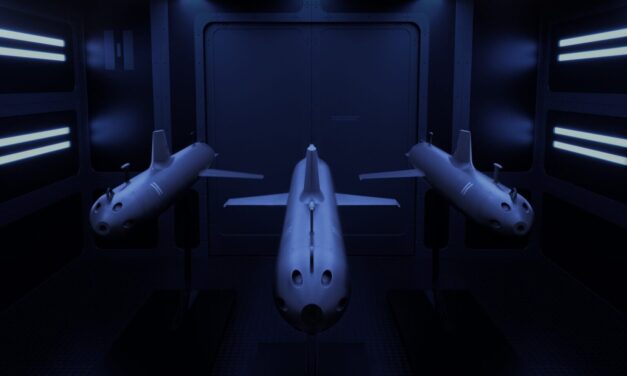
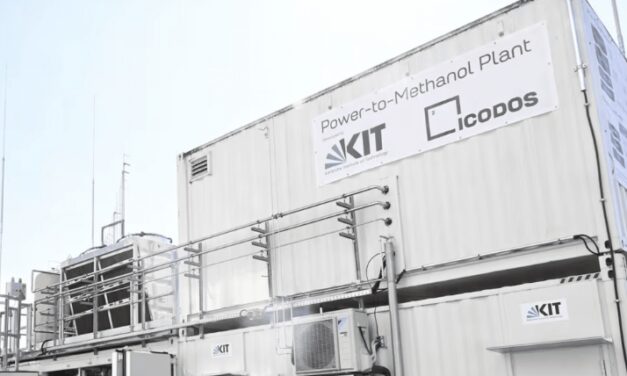
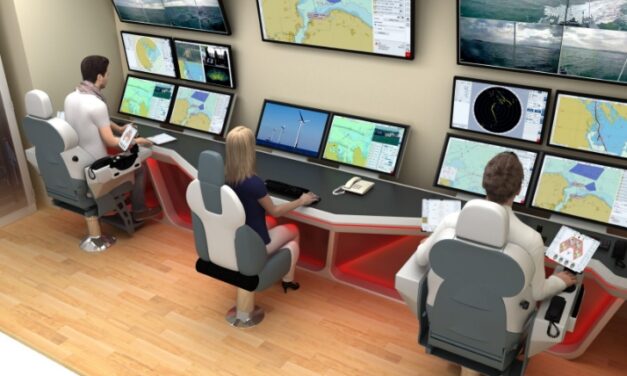
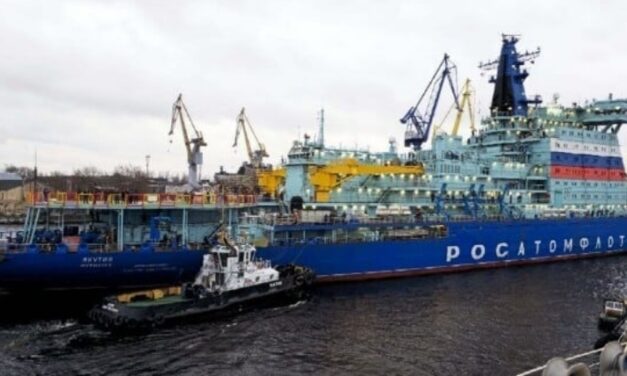
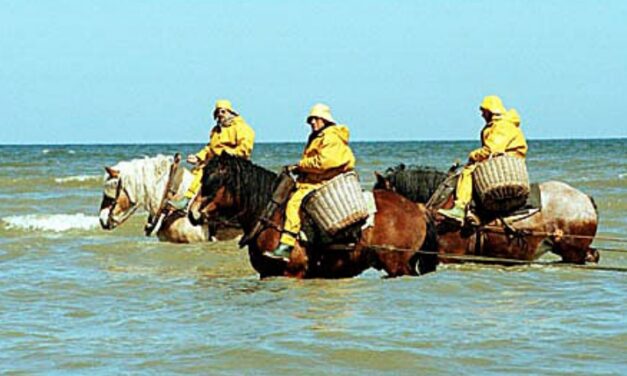
Latest comments